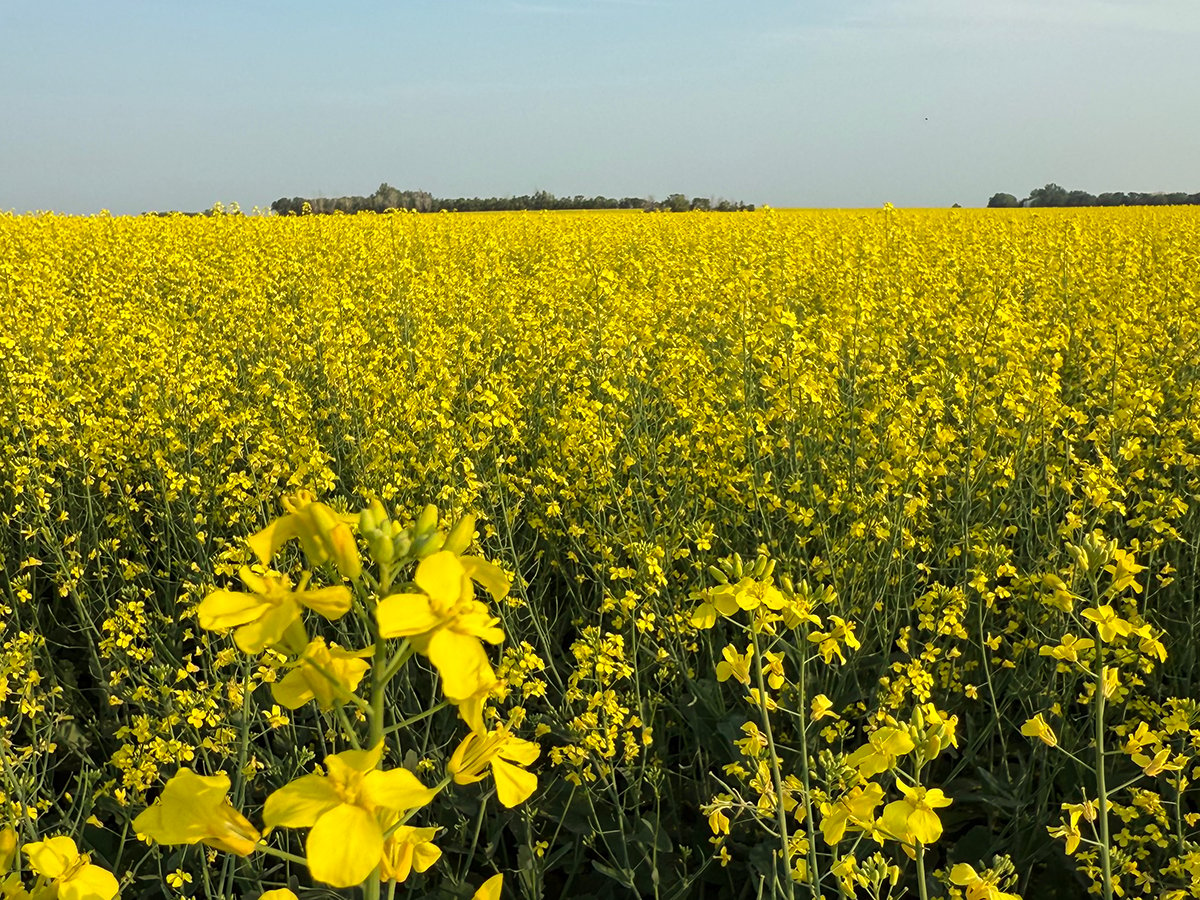Details are emerging on how the European Commission intends to soften its rigid zero tolerance stance on GM crop contamination.
EU health commissioner John Dalli told Reuters News Agency that in the coming weeks the commission will propose a technical solution that will allow 0.3 percent of feed grain imports to contain unapproved GM crops, up from today’s allowable limit of 0.01 percent. The policy change would not apply to food shipments.
Canadian grain exporters say if this comes to pass it will be a tiny step in the right direction.
Read Also

Canola support gets mixed response
A series of canola industry support measures announced by the federal government are being met with mixed reviews.
“What we do know is the status quo is unworkable and unmanageable, so any move the EU is doing to facilitate or allow trade to happen is an improvement,” said Richardson International spokesperson Jean-Marc Ruest.
“But those changes have to happen across the board. Our exports to Europe go well beyond commodities that are intended for animal feed purposes.”
Kevin Hursh, executive director of the Inland Terminal Association of Canada, said the proposed policy change would have little impact on Canadian grain exporters because they don’t ship much feed grain to Europe.
“Off the top of my head, I can’t see much of a benefit,” he said.
The technical solution also would not resolve the Triffid situation for the flax industry because it will only apply to varieties where an EU approval is already pending.
The commission has been under pressure from Europe’s livestock sector to soften its strict zero tolerance stance.
U.S. soybean shipments have been turned away for containing dust from an unapproved GM corn crop. Incidents like that are making exporters reluctant to ship feed to Europe, which is driving up the cost of European feed grains.
The European Feed Manufacturers’ Federation is calling for the “urgent adoption” of the proposed technical solution.
“The objective of the whole EU food and feed chain is to seek formal adoption of this technical solution before the next harvest in October- November 2010 in order to avoid new crisis situations on the feed and food markets and further economical damage of EU livestock farmers and feed and food business operations,” said the federation in an April 2010 newsletter.
Eric Darier, spokesperson for Greenpeace Canada, said the looming technical solution is one more attempt by the European Commission to lift restrictions on GM crops.
“The European Commission is very in favour of biotechnology generally,” he said.
Darier said that attitude is in stark contrast to what the European public thinks about GM crops.
Greenpeace and global advocacy group Avaaz have gathered more than one million signatures on a petition calling on the European Commission to declare a moratorium on growing GM crops in Europe.
“People from all corners of Europe know that GM crops are bad for food and farming,” said Greenpeace EU director Jorgo Riss.
“Europeans are fed up with the EU commission pushing through GM crops in the face of public rejection. The commission can’t continue to ignore them.”















